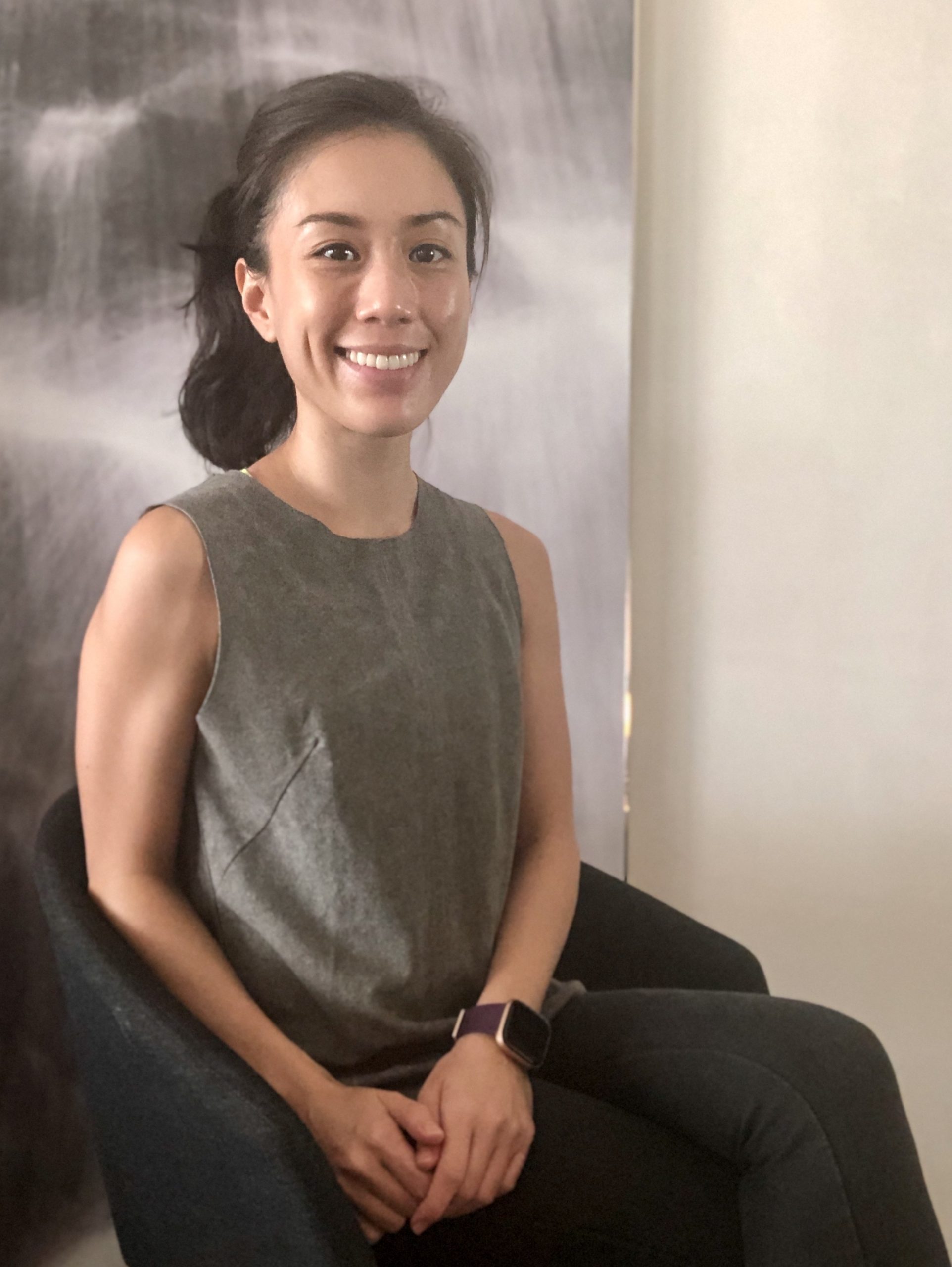Director of Platform Usaha Sosial (PLUS)
While social enterprises have no legal status in Indonesia (they are usually registered as traditional enterprises or foundations), impact-driven entrepreneurs have mushroomed all across Indonesia. Nurturing and supporting this fast-growing ecosystem throughout the Indonesian archipelago is the challenge Stephanie has taken up with PLUS, the country’s first digital platform dedicated to fostering a (gender) diverse social entrepreneurship landscape.
“What am I doing with my life?” asked Stephanie herself when she faced her quarter-life crisis. Stephanie had a golden and sheltered childhood, growing up in Jakarta and in Singapore, before studying Interior Design in California. She had worked for five-star hotels or affluent home-owners in Jakarta, and even launched her own firm. But at 27, she felt that designing luxurious interiors would not give her the purpose she looked for in life. One year later, she landed a job at a Christian nonprofit in Indonesia building affordable homes for low-income populations, switching her skills from luxurious housing to building and repairing shelters and homes. This shift to the “impact world” was a critical turn in her life, bringing her to the other side of the social spectrum. Entering this Indonesian social sector that was still small but growing, she was soon inspired by other women like Veronica Colondam, who encouraged her to fully embrace this new journey of hers and to take over the direction of PLUS or Platform Usaha Social (“Social Enterprises’ Platform”).
PLUS does not directly invest in social entrepreneurs, but it connects them with other like-minded entrepreneurs, investors and mentors, whilst providing on-demand capacity building classes and training to help social businesses to scale their project in a viable manner. PLUS does not apply any specific membership criteria to the network, but women entrepreneurs represent half of the 300 active registered founders on the platform. Contrasting with other early-stage enterprises’ ecosystems, like fast-growth tech startups, Stephanie noticed a “natural preference” amongst investors for women-led social businesses. “Women owners are often perceived as being more reliable, more inclined to social values. And the social sector is very ‘caring’” in general”, Stephanie describes. A women-friendly environment does not in itself stop gender-based cultural stereotypes from emerging.
Stephanie focuses now her efforts on bringing more men on board and moving beyond the ‘women-for-women investing’ discourses. “My assumption is that women are generally more aware of the troubles other women are facing, while men are still trying to understand”, she reckons. When she first heard about gender lens investing, the conversation just resonated within her female circles. She understands now that gender lens investing has a deeper meaning. It is not just about having a women-sensitive fibre, it is about giving equal chances to everyone by making fair, merit-based decisions. As Stephanie puts it, “gender lens investing is not investing in women alone. It is planting the seeds for a fair and more equal future, for everyone around the world. It is investing in the future for everybody”.
Social enterprises represent a powerful vehicle to disseminate more inclusive and gender-diverse business models. However, bridging the gap between Jakarta’s vibrant and gender-diverse community of social entrepreneurs and the entrepreneurs in the more remote and rural areas is challenging. Stephanie hopes to decentralize PLUS’ network through local social entrepreneur representatives and to bring the gender equality conversation where it has not yet found a voice.





